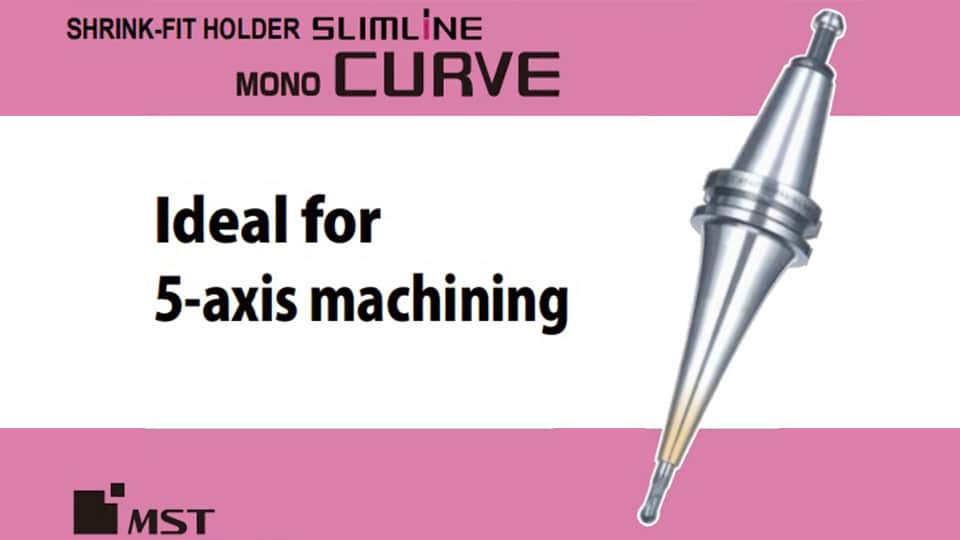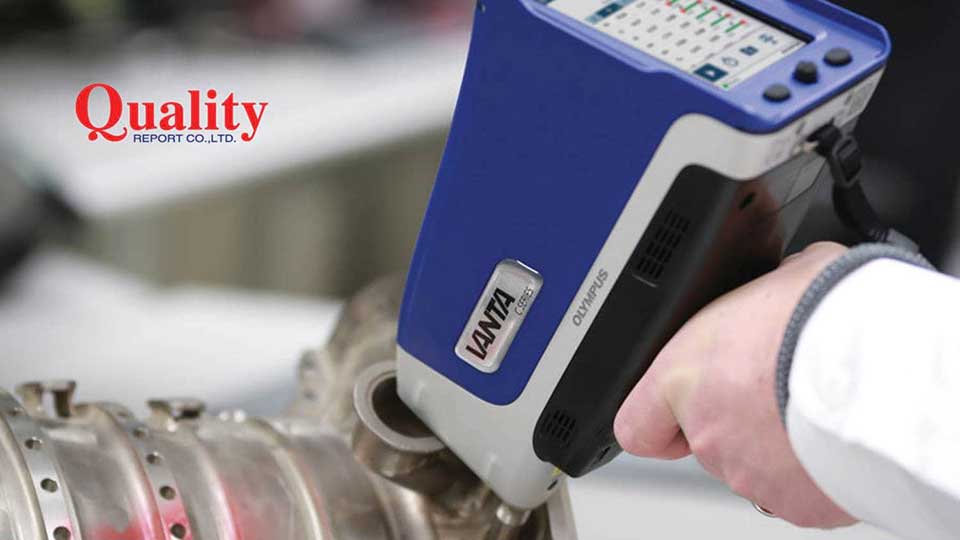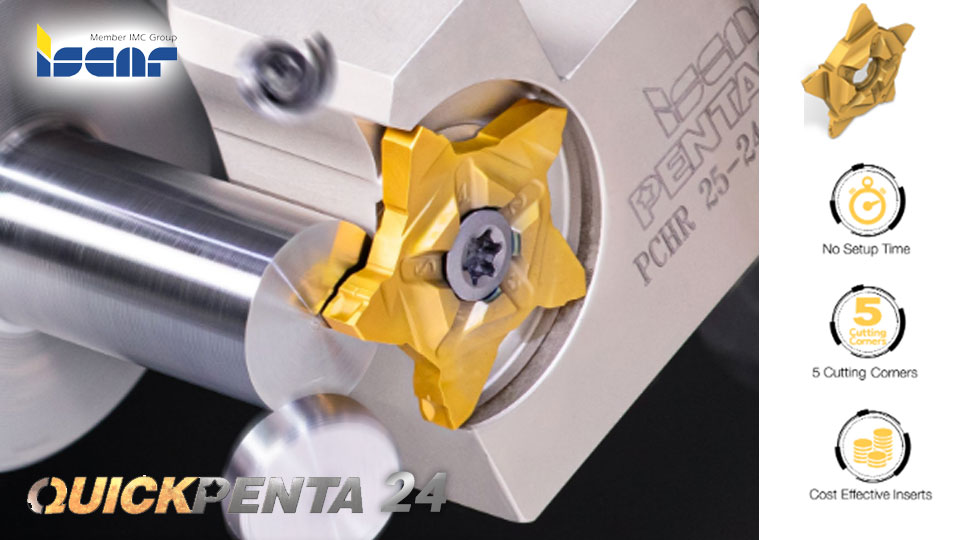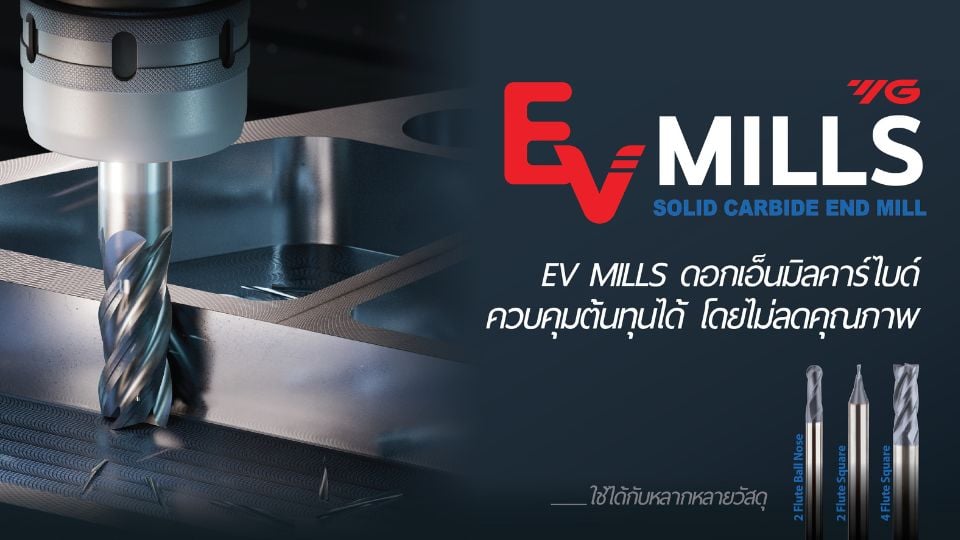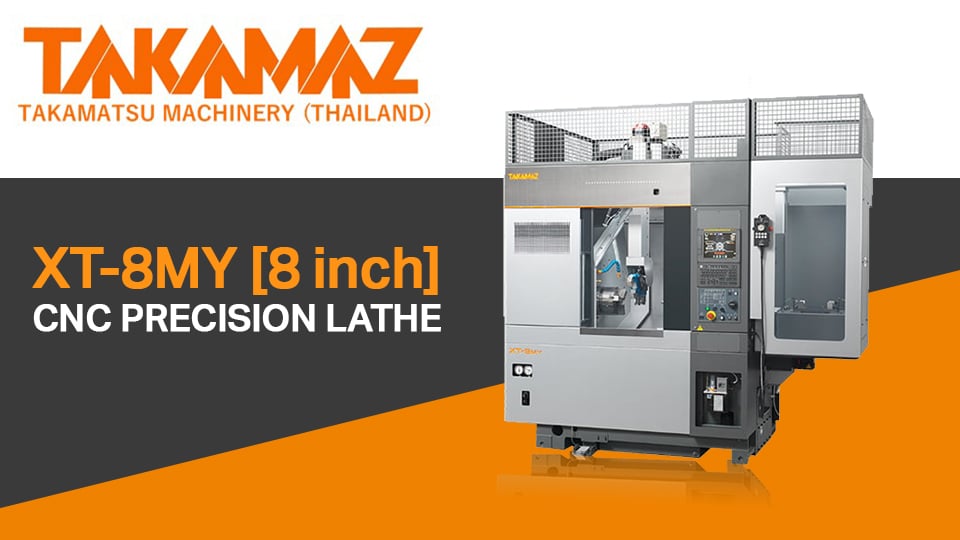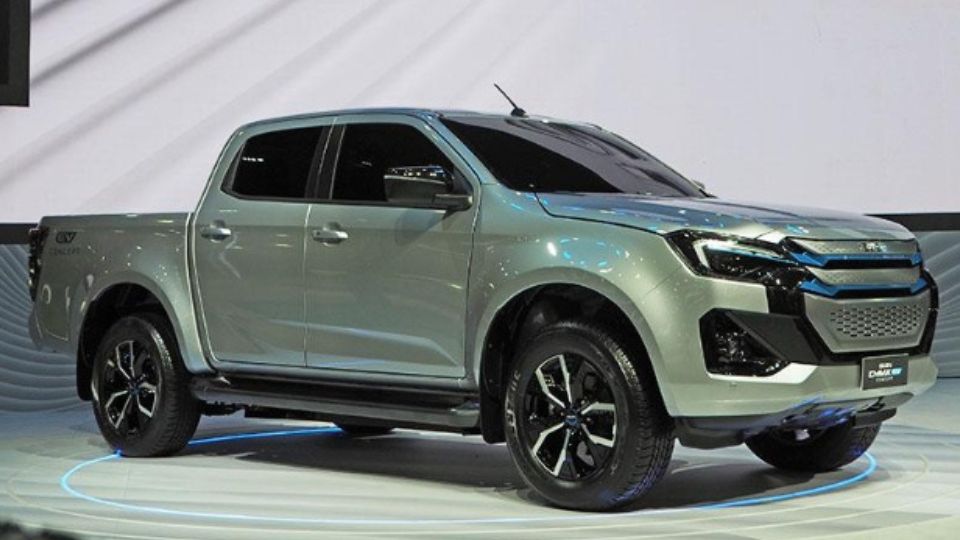
Isuzu Protects Its “Stronghold” in Thailand
Isuzu arms itself to defend its market leadership in pickup trucks (LCVs) in Thailand, holding the top market share of 30-40% and known as “the people's cars.”
Selectable power sources and weapons
Japan, March 29, 2024 - Isuzu Motors will go on the offensive by decarbonizing pickup trucks (LCVs), which hold the top market share in Thailand. LCVs account for 30-40% of Thailand’s total annual automobile demand and are called “the people’s cars.” Isuzu will develop an electric vehicle (EV) model and launch it in the Thai market in 2026. The company is also preparing a hybrid vehicle (HV) model to meet diversifying demand. Will it be able to maintain its competitiveness in a country where rival Toyota Motor Corporation and Chinese manufacturers are aiming to emerge?
Offensive to promote decarbonization, first unveiling of EV pickup truck
Isuzu Motors is ready to support the Thai government’s aim of achieving carbon neutrality (virtually zero greenhouse gas emissions). The Bangkok International Motor Show, an automobile trade show, is being held in Thailand until April 7th. Takashi Hara, president of Tripecchi Isuzu Sales (TIS), which imports and sells pickup trucks, expressed his enthusiasm in front of the world’s first EV model of the LCV "D-MAX." The model, currently under development with a cruising range of 300 kilometers, will be introduced in 2025 in Norway, a European country with strict environmental regulations. Plans are to develop a right-hand drive version and gradually roll it out to Thailand, the United Kingdom, and Australia.
Isuzu, the leader in LCV sales in the Thai market, will release a model equipped with a simple hybrid system (mild hybrid) in which the electric motor assists the engine during start-up to reduce fuel consumption in April, ahead of the introduction of an EV model. The company’s strategy is to set itself apart from other companies in the market by leveraging its “selectable power source” and brand strength, which it has cultivated over 50 years of producing LCVs in Thailand and understanding the wide range of uses and the country’s unique road conditions.
Keeping an Eye on Competitors' Moves
Toyota, Thailand’s biggest rival in the LCV market, will also introduce an EV model by the end of 2025. Trials will begin in late April for tourist use as shared taxis in Pattaya, Thailand. Noriaki Yamashita, president of Toyota Motor Thailand, said, “The key point is to what extent EV models of LCVs can maintain their superiority in terms of economy and practicality (compared to diesel vehicles). We are also considering HVs and fuel cell vehicles (FCVs). We are considering the possibility of incorporating other electrification technologies.”
At this motor show, the Thai subsidiary of China’s Great Wall Motors (GWM) announced that it will introduce an HV model of its LCV. This announcement attracted attention as Chinese manufacturers are currently increasing investment in Thailand to capture the EV market. Toyota Motor Thailand vice president Supacon Ratanawaraha said calmly, “Brand reliability is extremely important in the LCV market.” He calmly observes that a trusted brand is more economical in the long term when calculating residual values.
Mitsubishi Motors has proposed the new LCV “Triton,” which is equipped with a completely newly designed ladder frame and a newly developed clean diesel engine. Regarding the future, a person in charge said, “We are considering developing an EV.”
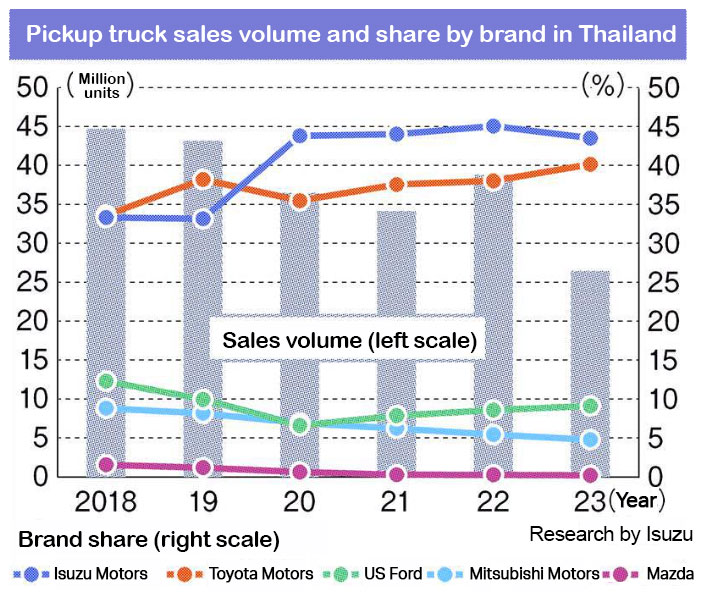
Capital Investment of 130 Billion Yen, Local Government Subsidies, New Line Established
The Thai government has launched EV 3.5, a four-year EV promotion support measure from 2024 to 2027, to promote the continued growth of the EV industry and investment in EV production. For pickup trucks, a flat subsidy of 100,000 baht (approximately 400,000 yen) will be given from 2024 to 2027 for vehicles manufactured in Thailand with a price of 2 million baht (approximately 8.3 million yen) or less and a battery capacity of 50 kilowatt hours or more. Isuzu plans to produce EV models at its Samrong plant (Samut Prakan province). The price has not been disclosed at this time, but it is likely to be set within the subsidy eligibility limit.
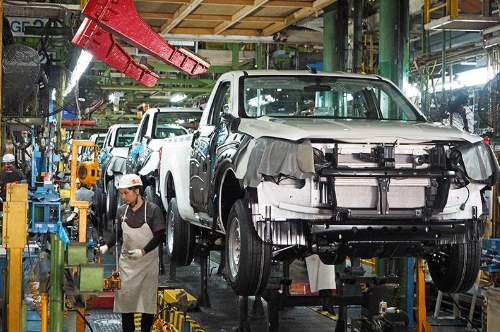
Pickup truck production line at Isuzu’s Samrong factory
Isuzu will invest a total of 32 billion baht (approximately 130 billion yen) at its production base in Thailand over the next five years to electrify CVs. In addition to producing battery packs in-house, the company will also build a new assembly line specifically for EVs at its Samron factory, which will begin production in 2026. In the future, they are considering production at the Gateway factory (Chachoensao province). Initially, EVs destined for Europe will be equipped with batteries from South Korea’s LG Energy Solutions. After that, they will consider sourcing from other manufacturers.
Earn Trust with Detailed Service
Mr. Yamaguchi: “Collaborate with Other Companies and Challenge Technological Innovation”
We asked Tetsu Yamaguchi, Isuzu Senior Managing Executive Officer, President Isuzu Motors, Thailand, and Takashi Hata, President of TIS, about Isuzu’s LCV business strategy in Thailand
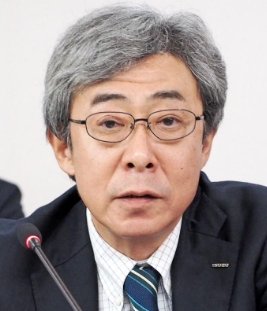
Mr. Tetsu Yamaguchi
Isuzu Senior Managing Executive Officer, President of Thailand Isuzu Motors
What are the strengths and medium- to long-term strategies of the LCV business?
Mr. Yamaguchi: It has earned the trust of customers in Thailand due to its strong brand power, backed by durability, performance, and detailed after-sales service. In the Middle East and elsewhere, parallel sales of new and old car models according to usage have been successful, and the company’s market share is increasing. There is ample room for sales expansion in the so-called Global South. We would like to increase sales globally by making use of our factories in India and South Africa. In addition to EVs, we will prepare all kinds of power sources (with an eye on regulations, etc.)
What is the impact of the entry of Chinese EV manufacturers?
Mr. Hata: Currently, the focus is on passenger cars, but there is a possibility that LCVs will appear in the future, which is a threat to some. It has momentum due to its price competitiveness, quick product updates, and long range in its catalog. However, considering the characteristics of how LCVs are used, it is not necessarily a good combination of LCVs and EVs. Our company has always placed great importance on how LCVs are used in Thailand. We do not include products that are separate from the customer’s perspective.
What is your collaborative strategy for decarbonization?
Mr. Yamaguchi: We want to promote technological innovation that takes advantage of economies of scale. For example, Commercial Japan Partnership Technologies (CJPT), a corporate framework that aims to solve problems in the logistics industry, is working with Toyota, Hino Motors, and others. In Japan, the company is partnering with Honda to develop fuel cell vehicles (FCV) for heavy-duty trucks. Not all problems can be solved with electric vehicles. As a commercial vehicle manufacturer, our mission is to achieve decarbonization while meeting various customer needs.
#Isuzu #DMAXEV #รถกระบะไฟฟ้า #ElectricVehicles #LCV #Investment #Mreport #ข่าวอุตสาหกรรม
บทความยอดนิยม 10 อันดับ
- ยอดขายรถยนต์ 2566
- คาร์บอนเครดิต คือ
- อบรมรถยนต์ไฟฟ้า 2567
- Apple ครองตลาดสมาร์ทโฟนพรีเมียมในปี 2023
- การเปลี่ยนแปลงของเครือข่ายไร้สาย 5G
- ยอดจดทะเบียนรถยนต์ไฟฟ้า 2566
- สถิติส่งออกกลุ่มยานยนต์และชิ้นส่วนไทยปี 2566
- เทคโนโลยีในงานโลจิสติกส์ มีอะไรบ้าง
- กฎหมาย ปล่องระบาย อากาศ
- solid state battery คือ
อัปเดตข่าวทุกวันที่นี่ www.mreport.co.th
Line / Facebook / Twitter / YouTube @MreportTH


